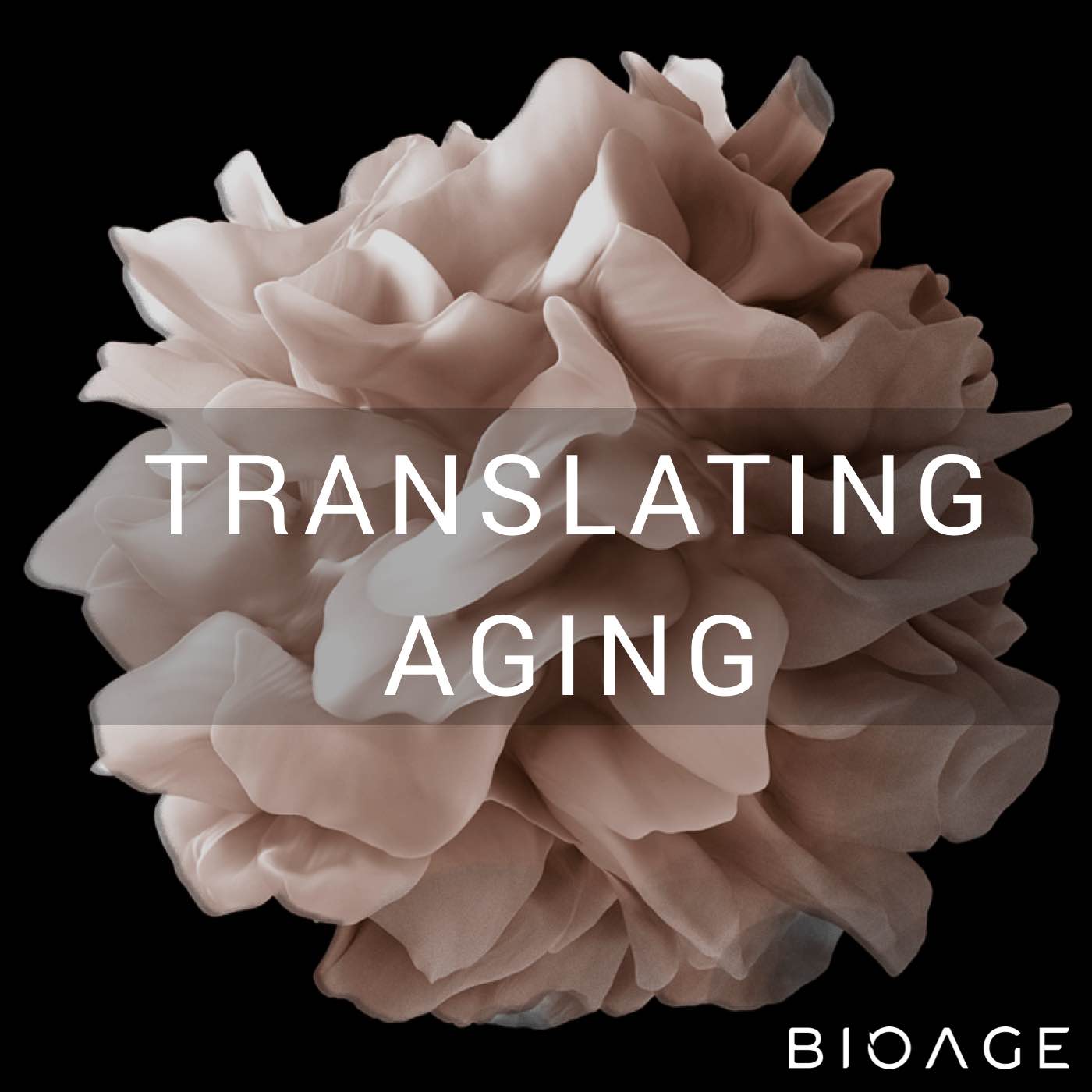Understanding Aging to Develop Interventions (Morten Scheibye-Knudsen, University of Copenhagen)
Description
This week, Chris welcomes Morten Scheibye-Knudsen, Associate Professor at the University of Copenhagen, who’s on a mission to understand, modulate and treat aging and age-related diseases. His research group, The Scheibye-Knudsen Lab, is trying to understand the cellular and organismal consequences of DNA damage & repair with the aim of developing interventions for aging. Morten is also one of the chairs and chief organizers of the highly successful aging research and Drug Discovery conference, ARDD.
In this episode, Chris and Morten talk about interventions in the aging process and why it’s important to better understand aging in order to hopefully treat age-related diseases someday. First off, they discuss the contribution of DNA repair pathways to aging, and then Morten explains the diverging consequences of DNA damage, establishing the pivotal role that DNA damage plays in the aging process. From there they delve into how ketones work in the brain, as well as the connection between the ketogenic diet and aging. Finally, Morten shares his experience with clinical trials, the Aging Research & Drug Discovery conference, and some exciting things to look forward to in the aging field.
The Finer Details of This Episode:
Discussing DNA damage and agingThe importance of intervening in the aging processClinical work and fundingThe connection between a ketogenic diet and agingARDD 2022 ConferenceExciting things in the aging field
Quotes:
“I think if we're interested in being able to treat diseases and treat chronic diseases, then we really need to understand the root cause of these diseases. And most chronic, non-communicable diseases are age-associated, and aging is the largest risk factor for these diseases. So something happens during aging that makes us susceptible to disease.”
“Your brain cannot metabolize fats very well, so it needs an additional food source when sugar is getting very low, and ketones are then a possible food source.”
“The ketogenic diet or ketosis had been used even in Roman times. When someone had an epileptic seizure, people thought they were possessed by demons and then they put them in a cell and allowed the demons to burn themselves out. But in reality, they just left them in the cell until they went into ketosis. That's when the ketones probably broke the seizures.”
“I think that we still don't exactly know how good they are in terms of aging. But I think this is a really interesting research topic because it has been very difficult to separate the, for example, reduction in blood glucose effect from the increase in ketone effect. So these exogenous ketones will really be key to dissecting that relationship.”
“I think this is probably the most exciting part, I would say, of the aging field right now is the greatly expanding field of clinical trials actually targeting aging.”
“I can drive a small clinical trial, but to actually get products in the hands of people and drive change for regular people, we need companies, we need industry. ”
Links:
Email questions, comments, and feedback to [email protected]
Translating Aging on Twitter: @bioagepodcast
BIOAGE Labs Website bioagelabs.com
BIOAGE Labs Twitter @bioagelabs
BIOAGE Labs LinkedIn
ARDD 2022 Website: a href="https://agingpharma.org/"...
More Episodes
Dr. Daisy Robinton, co-founder and CEO of Oviva Therapeutics, discusses the company's innovative approach to improving women's healthspan by targeting the biology of ovarian aging. Motivated by her personal experiences and the realization that female physiology is underserved by research and...
Published 04/03/24
Published 04/03/24
Dr. Noah Davidsohn, co-founder and CSO of Rejuvenate Bio, discusses the company's innovative work using gene therapies to treat age-related diseases in dogs and humans. In his conversation with host Chris Patil, he explains his recent groundbreaking study showing that partial cellular...
Published 03/20/24


